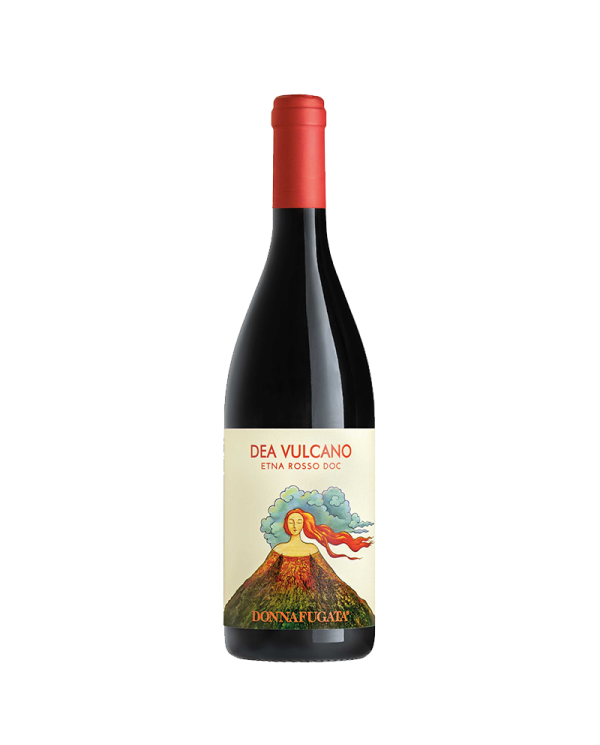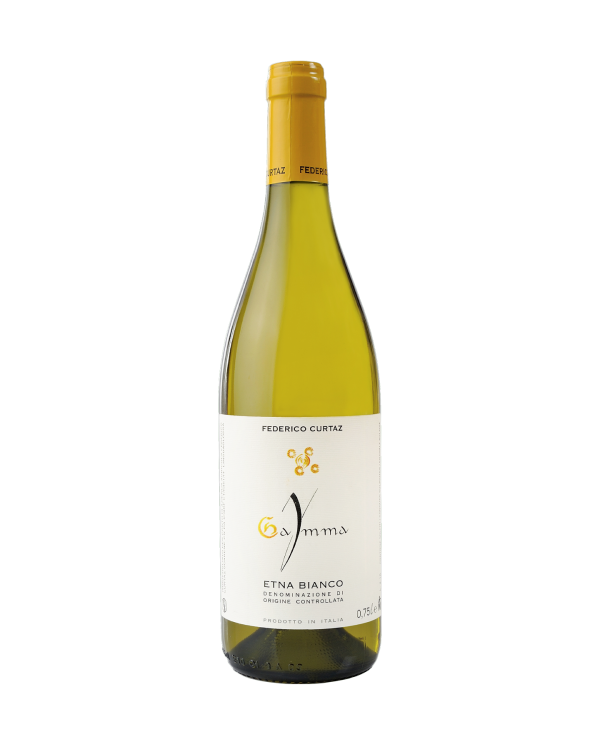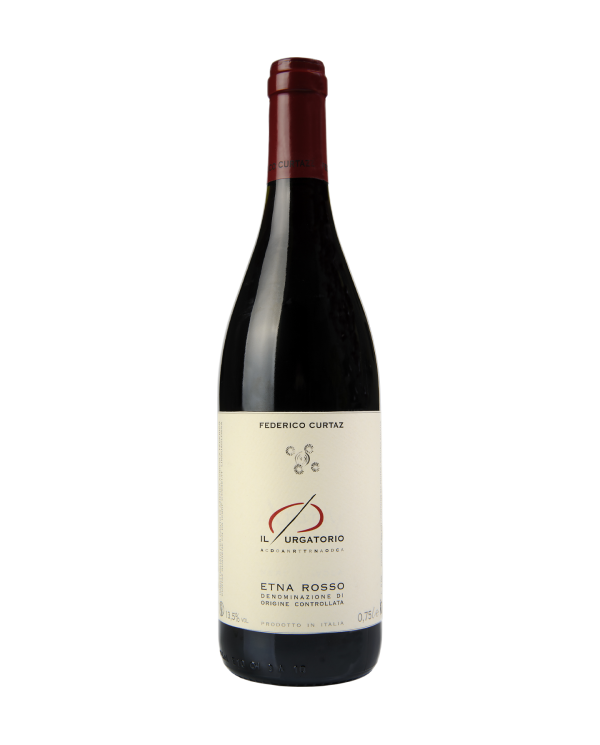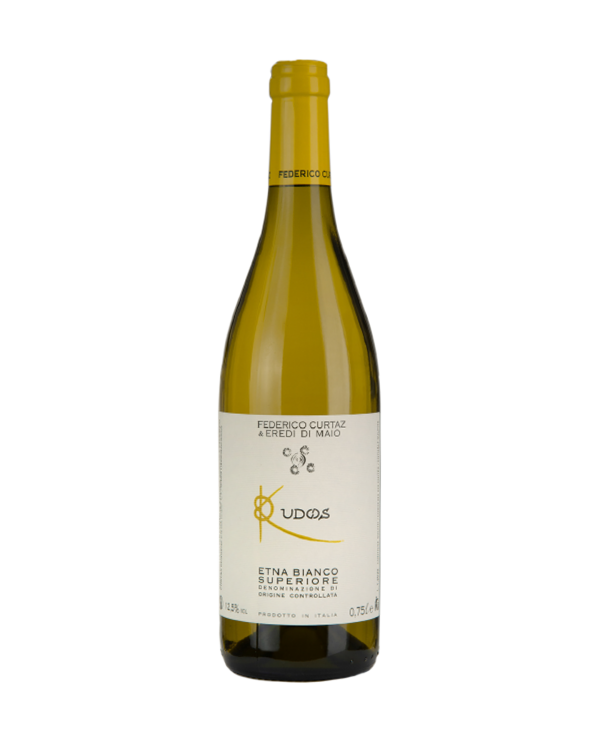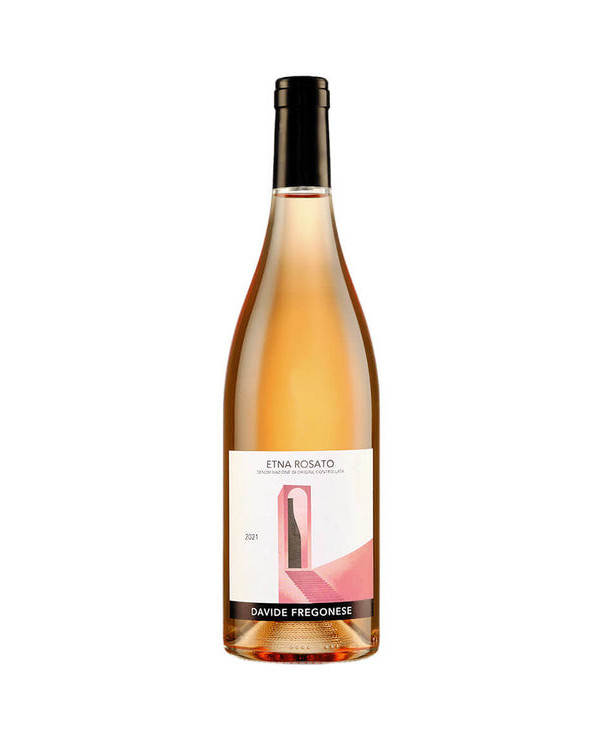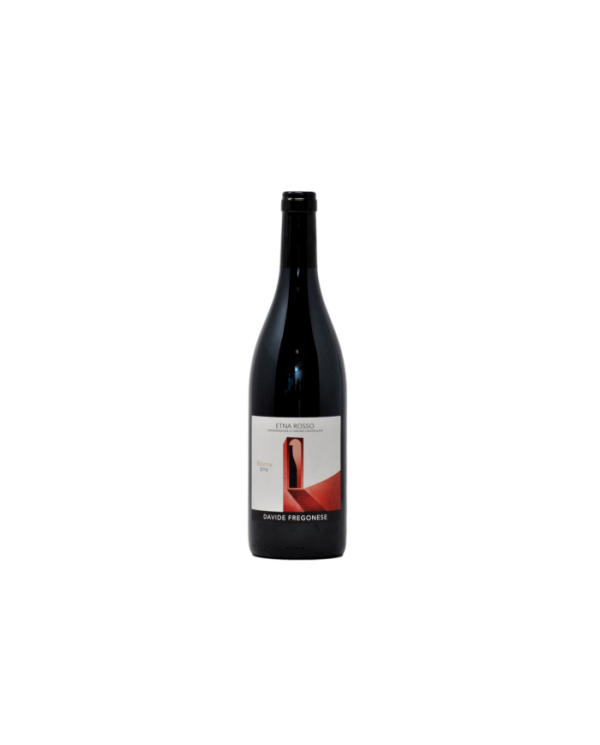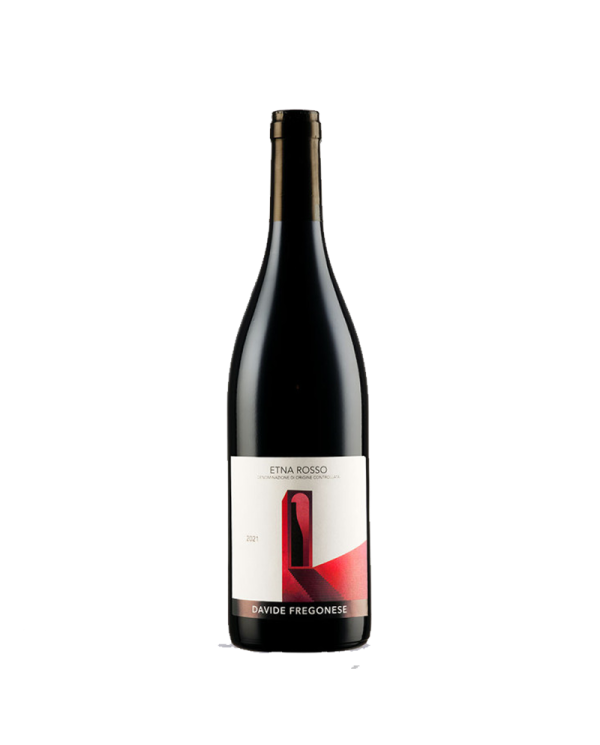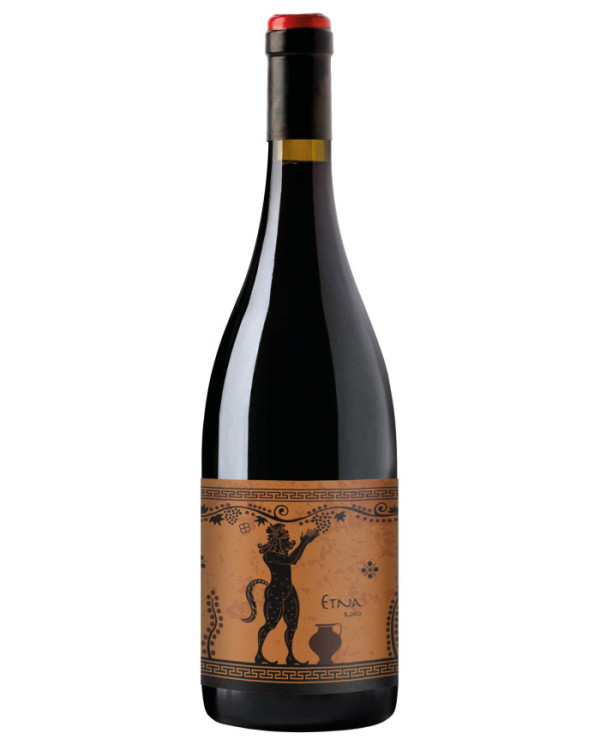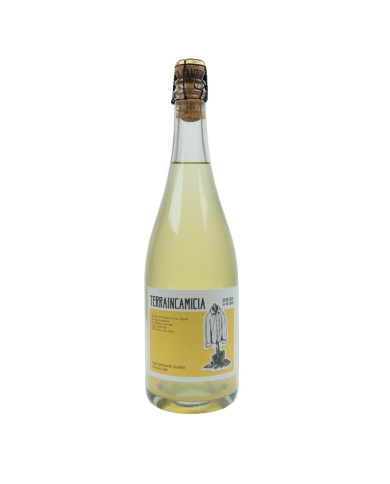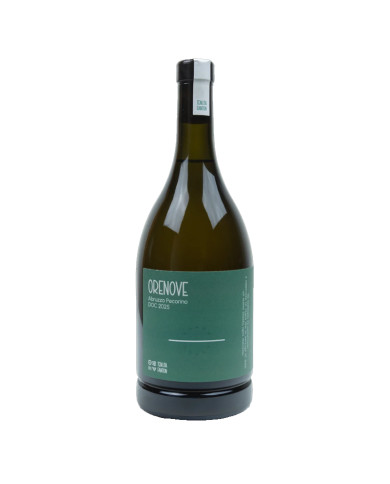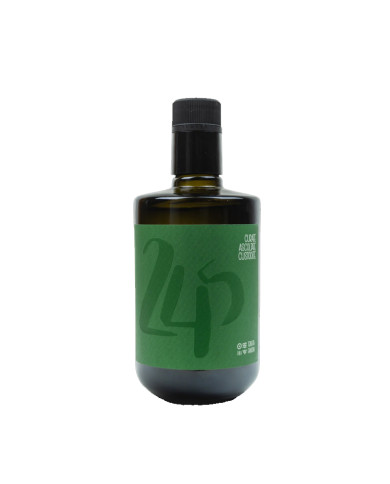Etna Wines: The Excellence of Sicilian Wines
Italy is world-famous for its winemaking tradition. From the hills of Tuscany to northern regions like Piedmont, Italian wine production is renowned for its quality and variety. But today we want to focus on a unique region: Mount Etna . Located in Sicily, the highest active volcano in Europe, Mount Etna offers a combination of fertile soil and an exceptional climate for growing grapes. In this article, we'll explore the " Etna Wine Denomination," a controlled designation of origin that guarantees the quality and authenticity of the wines produced in the area.
History and Origins
The millenary legacy
Etna 's winemaking history dates back thousands of years. The first traces of grape cultivation on the island date back to the time of the Ancient Greeks. The vineyards' privileged location on the slopes of Etna has contributed to the creation of unique and distinctive wines.
The controlled designation of origin
The " Etna Wine Denomination" was officially recognized in 1968. This classification system guarantees that wines produced in the region meet certain quality standards and have specific characteristics that distinguish them from other Sicilian wines.
Characteristics of Etna Wines
The terroir of Etna
Etna 's terroir is unique thanks to the volcano's unique geological characteristics. The mineral-rich volcanic soils give the wines a distinctive aromatic profile and remarkable complexity.
The grape varieties
Etna 's native grapes, such as Nerello Mascalese and Nerello Cappuccio, are the foundation of local wine production. These varieties fully express the terroir's unique characteristics and produce elegant, structured, and long-lasting wines.
Wine styles
Etna produces a wide range of wines, from fresh, minerally whites to elegant, complex reds. Winemakers also experiment with aging in wooden barrels, resulting in extraordinarily harmonious wines.
The Vineyards of Etna
Vineyards at high altitudes
Etna 's vineyards extend to the highest altitudes in Europe. The volcano's slopes offer a combination of cool sea breezes and significant temperature variations between day and night, creating ideal conditions for growing vines.
Traditional cultivation methods
Etna 's winemakers maintain a strong connection to centuries-old traditions. Vines are still cultivated manually, and the use of pesticides and chemical fertilizers is minimized to preserve the health of the soil and ensure the quality of the grapes.
Etna Wines and Sicilian Gastronomy
Food and wine pairings
Etna wines pair perfectly with Sicilian cuisine. The crisp whites are excellent with fish and seafood dishes, while the full-bodied reds pair wonderfully with roast meats and aged cheeses.
Enhancement of the territory
Wine production on Etna contributes to the promotion of the Sicilian region. The area's wineries and vineyards attract tourists from around the world, creating economic opportunities and enhancing local culture and history.
The " Etna Wine Denomination" represents the excellence of Sicilian wines. Thanks to its unique terroir and the dedication of local winemakers, Etna produces wines of extraordinary quality. Experiencing a glass of Etna wine means immersing yourself in the millennia-old history of this volcanic land and discovering authentic flavors that tell the story of a region unlike any other in the world.
FAQ
What is the winemaking history of Etna?
The winemaking history of Etna dates back thousands of years, with the first traces of vine cultivation dating back to the time of the ancient Greeks.
What are the main grape varieties grown on Etna?
The main grape varieties grown on Etna are Nerello Mascalese and Nerello Cappuccio.
What makes Etna wines unique?
The wines of Etna are unique thanks to the volcanic terroir and the geological characteristics of the area, which give them a distinctive aromatic profile.
What are the recommended food and wine pairings with Etna wines?
Etna wines pair well with Sicilian cuisine, particularly fish dishes, seafood, roast meats, and mature cheeses.
How does wine production on Etna contribute to promoting the area?
Wine production on Etna attracts tourists from all over the world, creating economic opportunities and promoting local culture and history.


